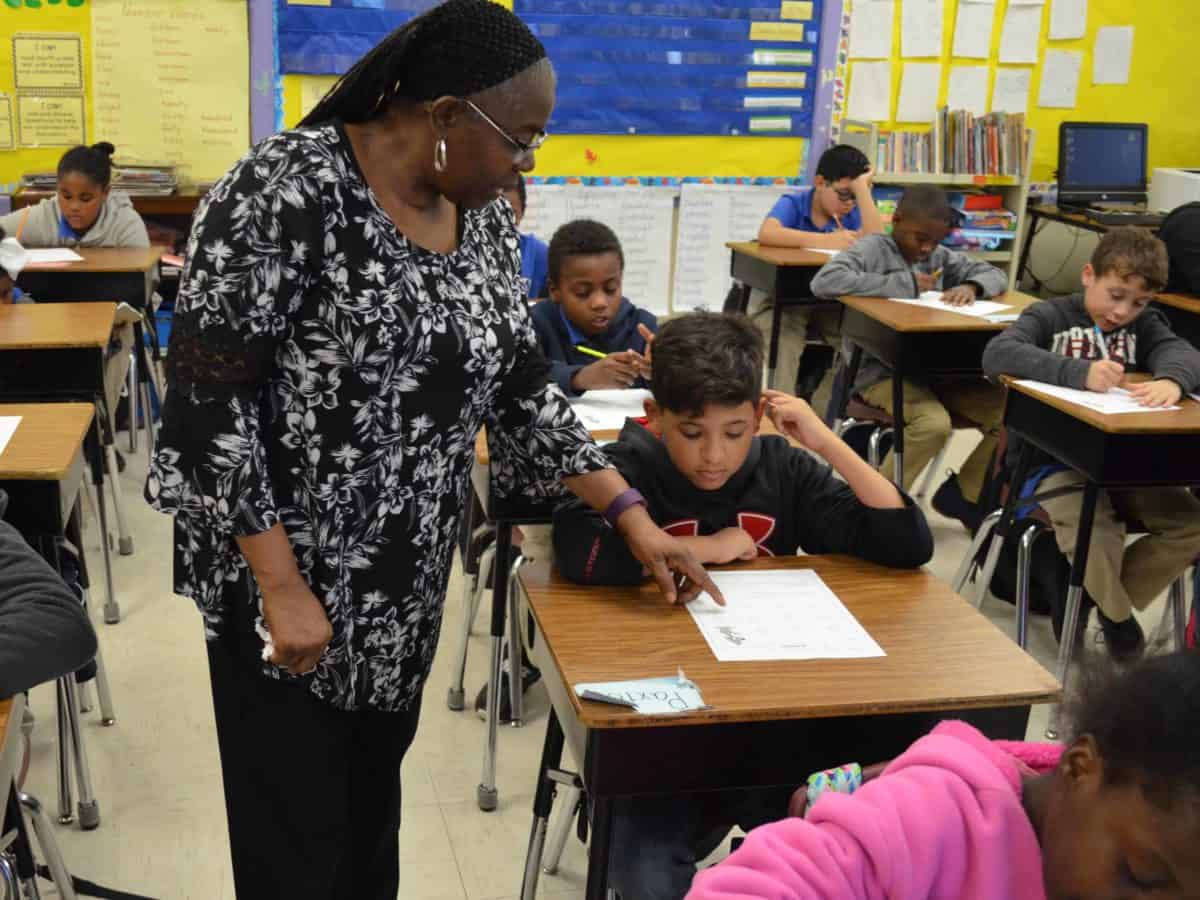

|
|
The 2021-22 enacted budget for North Carolina ended funding for the Innovative School District (ISD) in North Carolina, bringing an ignominious end to the controversial experiment in education undertaken in 2016 in which the lowest-performing schools were given charter-flexibility and turned over to outside operators. Some applaud this as an admission of another failure in education and give little acknowledgement to the fundamental challenges that ISD were meant to address.
North Carolina, as well as many other states, continues to have persistently underperforming schools. The same schools, year after year, fail to provide even an adequate education for their students despite changes in leadership, funding models, and strategies. Consequently, more new strategies, more new funding models, and more new leadership changes are implemented, all with roughly the same results for the same schools and now impacting even more students.
The naysayers are quick to applaud the demise of the ISD as indication of the inadequacy of leadership from the General Assembly, but the only answer they propose is to appropriate more money. As Judge Howard Manning was quoted as saying about the inadequacies in education, “money is not the problem.” What is needed is a fundamental overhaul in how we fund and deliver education, including how we train and support teachers to be teachers.
The students and teachers in these persistently underperforming schools especially need help. They need the commitment of the General Assembly, the governor, and the Department of Public Instruction, working together, to change the dynamic. We have all learned the hard lesson that doing the same thing over and over again, expecting different results, is insanity. We cannot allow these students and teachers to be caught in a war between public and private entities, between state officials and local school administrators, and between the partisan interests of some and the public interests of all.
When the ISD was originally proposed, the General Assembly heard from the folks in Tennessee where an ISD was tried with disappointing results. I sat on the committee that considered and supported the ISD for North Carolina. I too was skeptical that we could make it work when others had failed. But there were several differences that led us to believe that the North Carolina experiment could work. What we were doing at the time was not.
We were clearly told that ISD would only work in conjunction with “innovation zones” (which we did not implement). Innovation zones would have allowed districts with these persistently low-performing schools to have the same statutes and rules as charter schools to assure autonomy for up to five years. This alternative would have met the oft-repeated requests of school districts and provided an additional option to meet student needs. Instead, the focus was on the process and not on the students.
Recruiting and retaining great teachers and leaders also needed to be a significant part of a long-term turnaround strategy. We had more teachers in their first years of teaching than at any other experiential level, and turnover exacerbated the problem. It was obvious that we must change the dynamic, but that would not happen in a rigid education environment.
No one wanted to admit they had or were in a persistently low-performing school. No superintendent, no principal and no school board wanted to display that they could not solve their own problem. Consequently, they all pushed back, and members of the General Assembly, as expected, defended them. The experiment was doomed for failure from the beginning. Now we look for scapegoats. Not all innovative ideas work, but we must never lose our willingness to keep trying.
Editor’s note: Craig Horn is a member of EdNC’s strategic council.



